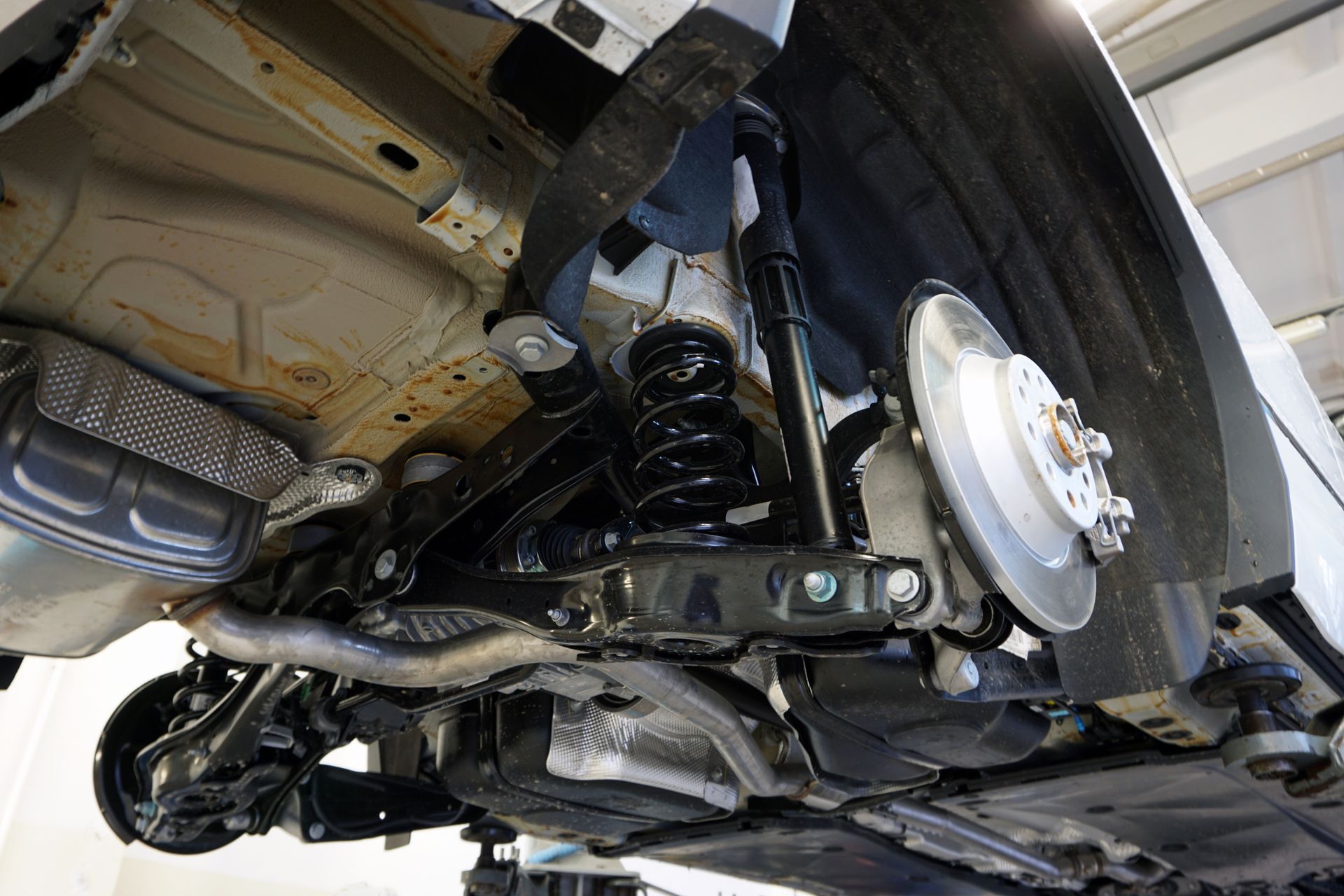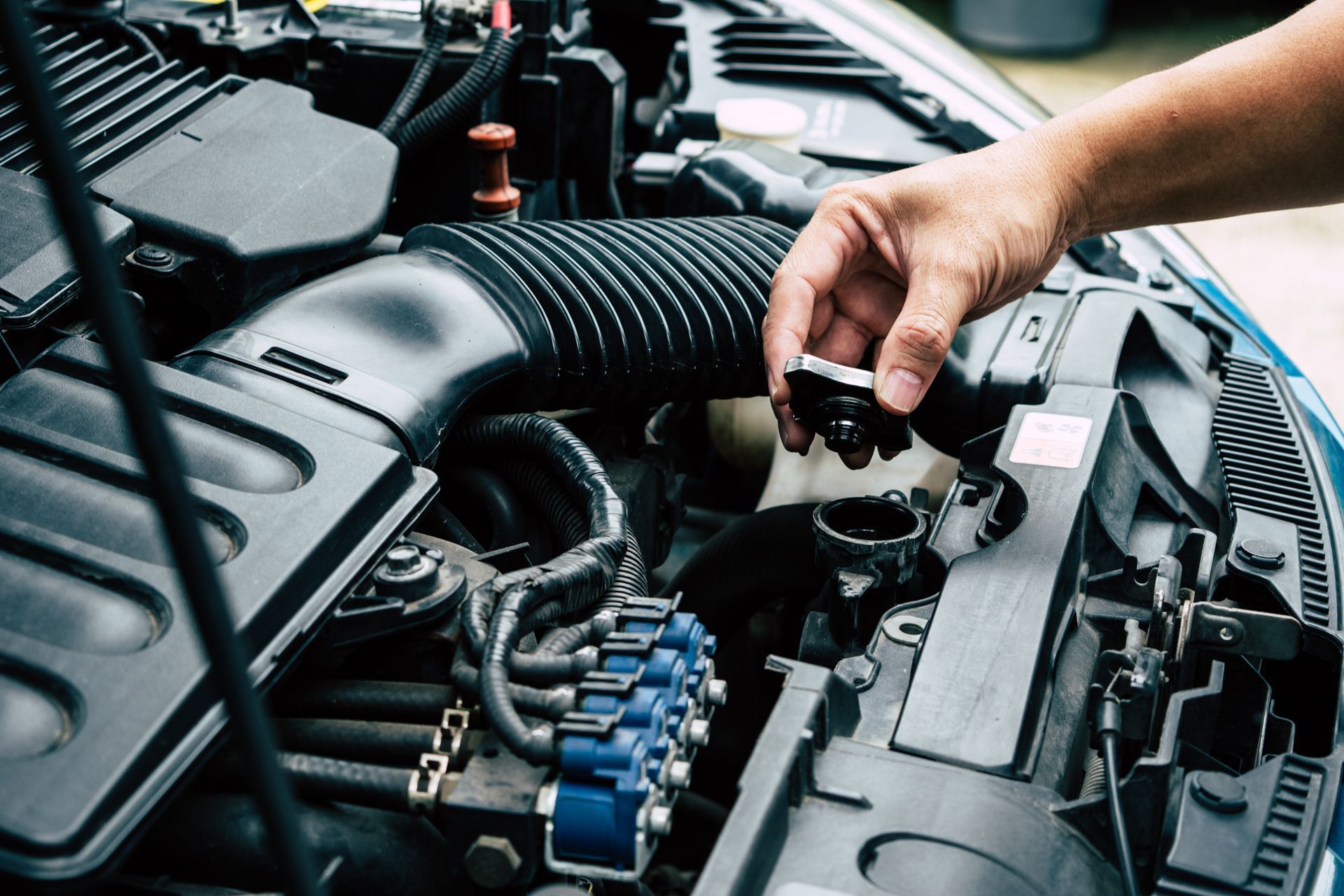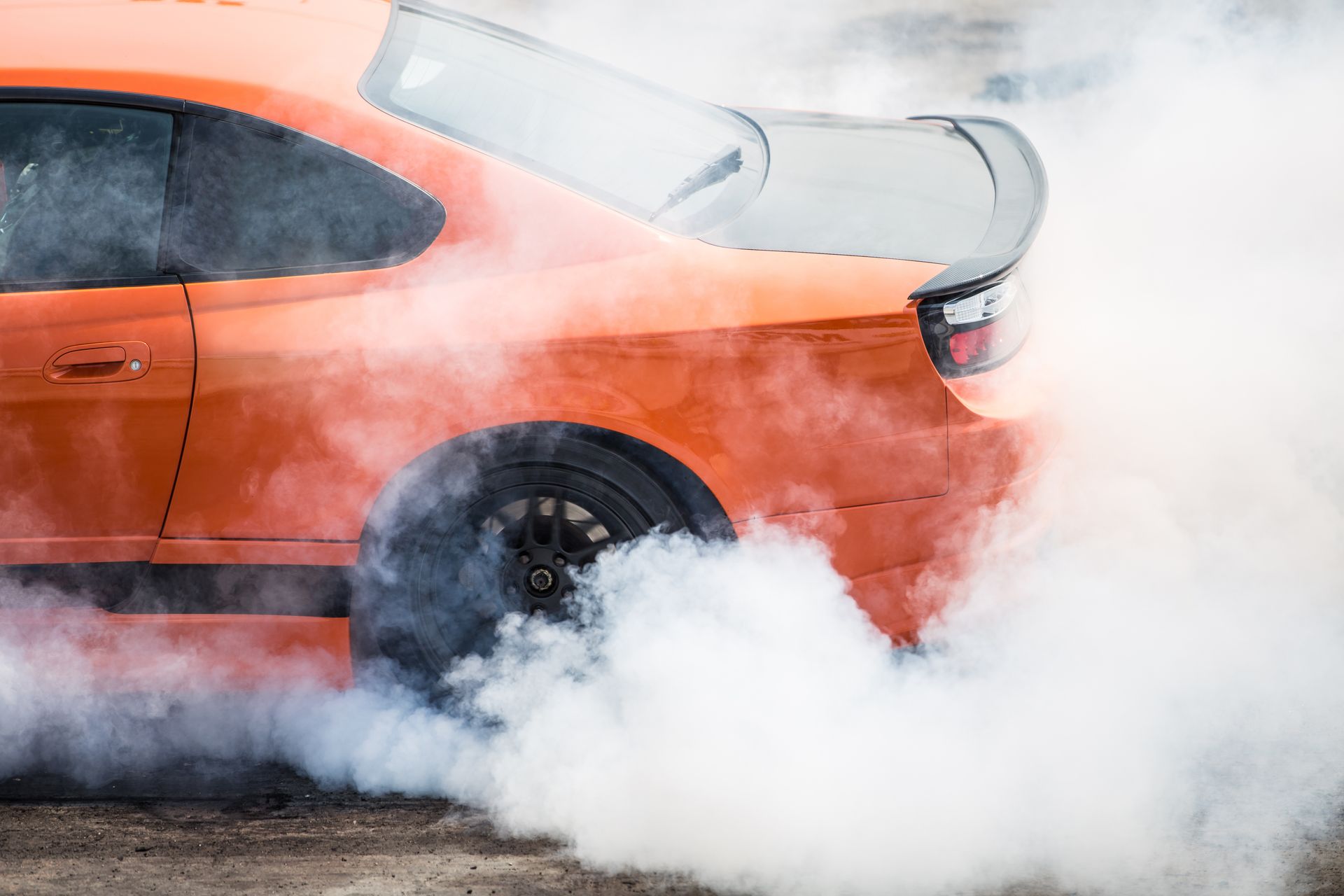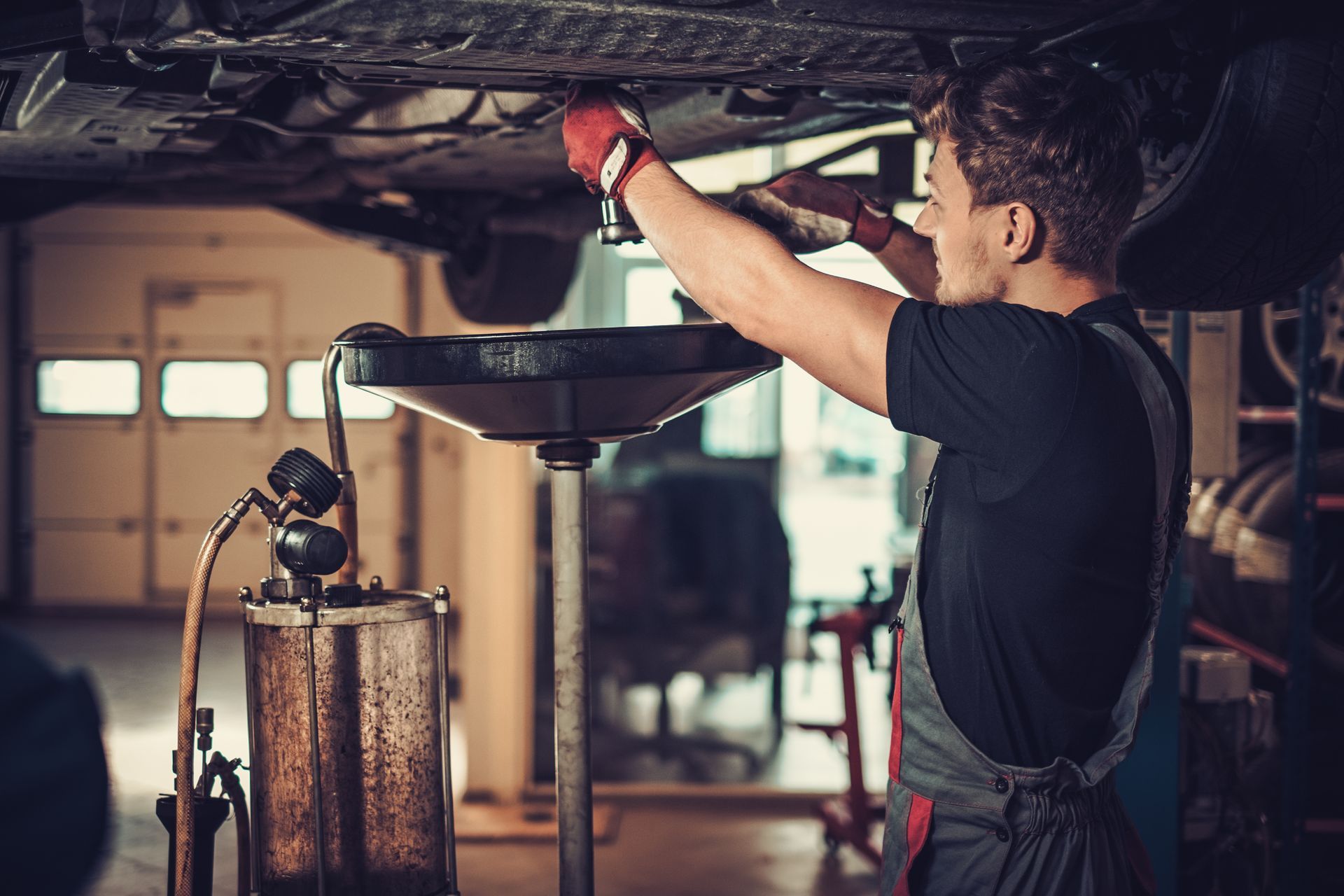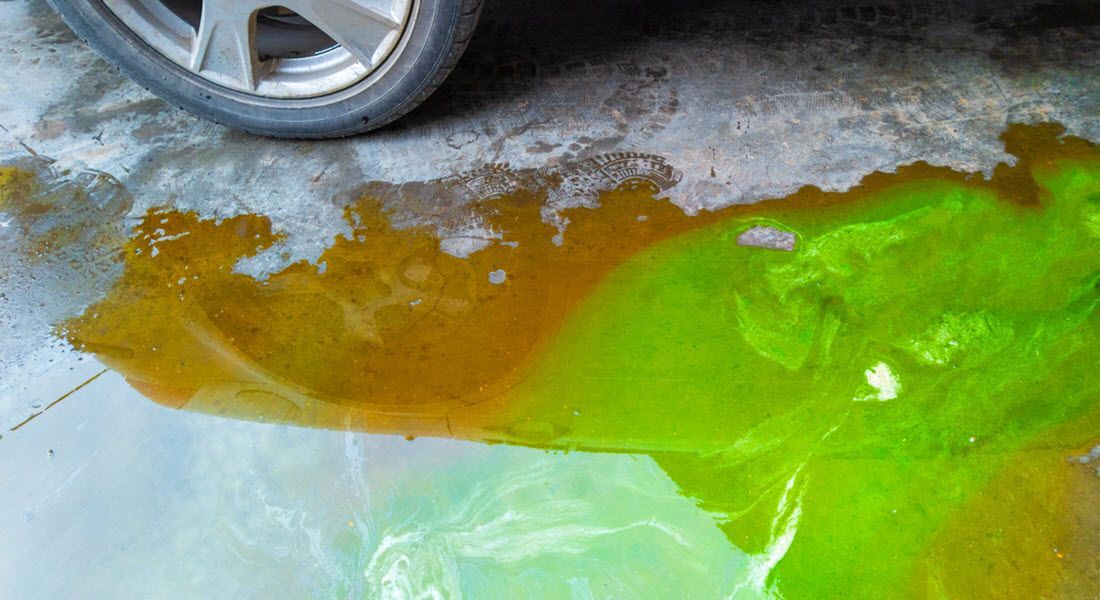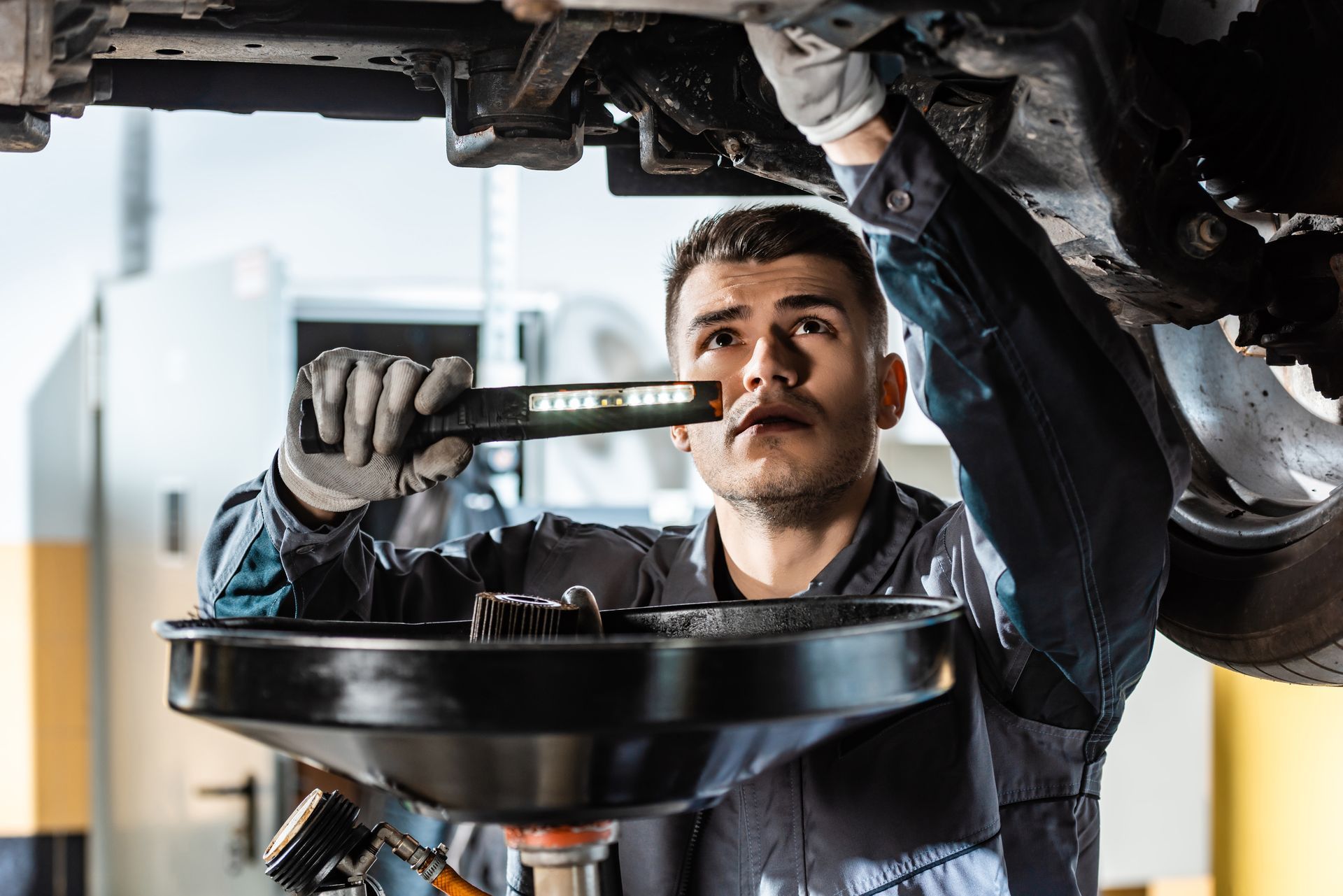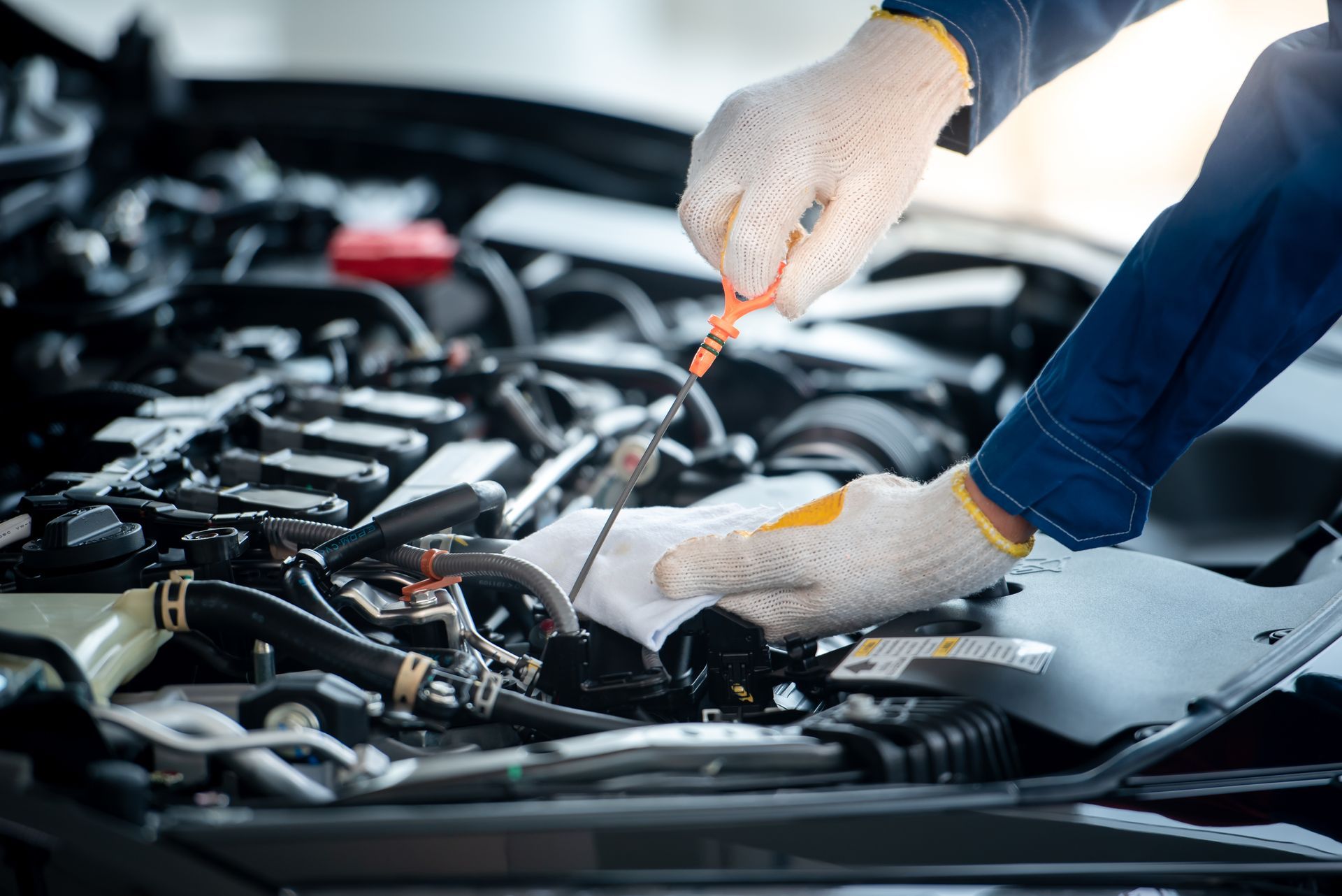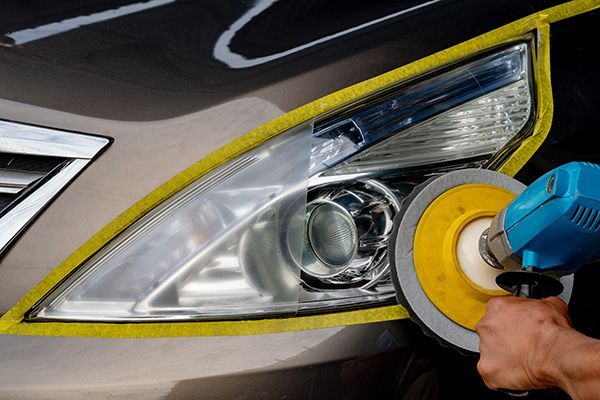What Happens If I Never Change My Brake Fluid?
Brake fluid doesn’t get much attention compared to oil or coolant, but it plays a critical role in the safety of your vehicle. Every time you step on the brake pedal, that action depends on the hydraulic force created by clean, functioning brake fluid. When that fluid is old or contaminated, it can compromise the performance of your brakes, and not in subtle ways.
Skipping brake fluid maintenance may not cause immediate failure, but over time, the consequences add up. Ignoring this fluid service could be the difference between stopping in time and not stopping at all.
Why Brake Fluid Doesn’t Last Forever
Brake fluid is hygroscopic, which means it naturally absorbs moisture from the air. Even though the brake system is sealed, tiny amounts of moisture work their way in over time. That moisture dilutes the fluid, lowering its boiling point and allowing for the development of rust and corrosion within the system.
The more moisture the fluid absorbs, the less effective it becomes under pressure. During hard braking, especially in hilly or high-speed conditions, the fluid heats up. If it boils, it forms vapor pockets, leading to brake fade, a spongy pedal, or even complete brake failure.
Corrosion: The Hidden Danger
When water gets into your brake fluid, it reduces performance and eats away at the inside of your brake system. Corrosion can form on the master cylinder, calipers, brake lines, and ABS module. And because it happens internally, you may not notice the damage until something fails.
These components are costly to replace and often need to be replaced in pairs or as part of larger system repairs. What starts as a $100 fluid service can turn into a four-figure job if corrosion is left unchecked.
Performance Problems You Might Not Notice Right Away
The worst part about neglecting brake fluid is how gradually it impacts your car. You might not realize your stopping distances have increased or that your pedal feels different. Over time, you may unconsciously press the pedal harder or earlier to compensate. That makes it easy to ignore the signs until it’s too late.
In newer vehicles equipped with anti-lock brakes or electronic stability systems, dirty brake fluid can lead to inconsistent performance. The ABS module is particularly sensitive to contamination and is one of the most expensive parts to replace.
Topping Off Isn’t the Same as Replacing
If your brake fluid is low, you might be tempted to just top it off. But that doesn’t address the root problem. In fact, low brake fluid could indicate worn brake pads, a leak, or fluid that’s boiling off due to high moisture content.
A true brake fluid service flushes out the old fluid, including any water and debris, and replaces it with new, clean fluid that restores proper function. It also helps identify leaks or component wear before they become serious.
How Often Should Brake Fluid Be Changed
There’s no universal mileage for brake fluid changes, but most vehicles benefit from a flush every 2 to 3 years. If you drive in a humid climate, tow heavy loads, or put a lot of stress on your brakes, you may need service more frequently.
Don’t rely solely on dashboard lights. Most vehicles don’t have sensors for brake fluid conditions, and by the time performance suffers, the damage may already be done.
Prevention Is Cheaper Than Repair
Changing your brake fluid is one of the simplest and most cost-effective ways to protect your vehicle’s most important safety system. It takes less than an hour, and it helps prevent thousands of dollars in potential damage. If you’ve never had a brake fluid flush or can’t remember the last one, now is the time to take action.
Call
Bertinis German Motors in Roseville, CA, today to schedule a brake fluid service and keep your braking system in top shape.

